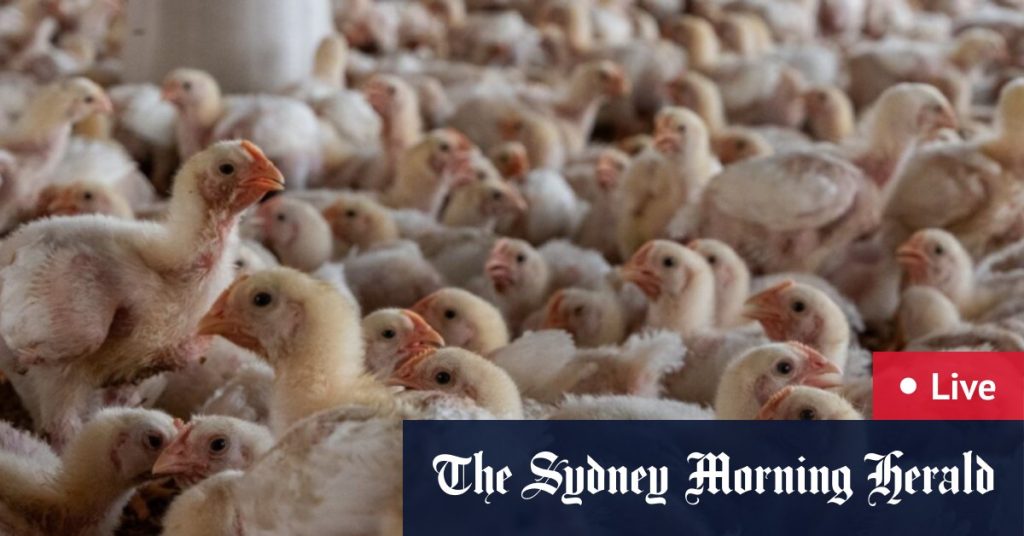Western Australia is currently the only state in Australia without an egg purchase limit in response to a growing bird flu outbreak in Victoria. Coles has implemented a two-carton limit on egg purchases after the highly pathogenic H7N3 strain of bird flu was detected on five Victorian farms, resulting in the euthanisation of over half a million chickens. WA Commercial Egg Production Association president Ian Wilson stated that WA farmers have sufficient eggs to supply the state and are focused on maintaining local markets, rather than sending surplus eggs to the east. He explained that bird flu is typically spread to chickens by wild birds, but WA is not in their usual migratory path.
With the highly pathogenic form of bird flu identified in Victoria, concerns have been raised about the potential impact on egg supplies in the state. Wilson reassured the public that WA is not at high risk for wild bird migration from Asia, where the virus likely originated. He noted that while there are regular trade movements of eggs between eastern and western states, WA farmers are currently prioritizing meeting local demand. Coles has introduced a temporary purchase limit on eggs, but has not specified how long it will be in place. Wilson emphasized the importance of maintaining supply within WA to avoid potential shortages.
The detection of the H7N3 strain of bird flu on Victorian farms has highlighted the vulnerability of Australia’s poultry industry to outbreaks. The rapid spread of the virus has resulted in significant losses for affected farms, with a large number of chickens being euthanised to prevent further transmission. The situation has led to increased vigilance among poultry producers and authorities in other states, including Western Australia, where measures are being taken to prevent the introduction and spread of the virus in the local bird population.
The lack of migratory patterns for wild birds from Asia to Western Australia has been cited as a factor contributing to the state’s lower risk of bird flu outbreaks. Wilson’s comments on the limited migration path for wild birds in WA provide some reassurance regarding the spread of the virus in the state. However, the ongoing trade movement of eggs between states means that there is still a potential risk of introduction of the virus from affected areas. The temporary purchase limit imposed by Coles is a proactive measure to manage the demand for eggs and prevent shortages in response to the outbreak.
The uncertainty surrounding the duration of the egg purchase limit in response to the bird flu outbreak has raised concerns about potential disruptions to the supply chain. While Western Australia currently remains unaffected by the virus, the state’s farmers are prepared to meet local demand and ensure a steady supply of eggs to consumers. The collaborative efforts between industry stakeholders and retailers like Coles are crucial in managing the impact of the outbreak and maintaining the stability of the egg market in the face of ongoing challenges. As the situation continues to evolve, continued monitoring and coordination among all parties involved will be essential in safeguarding the health and sustainability of Australia’s poultry industry.


